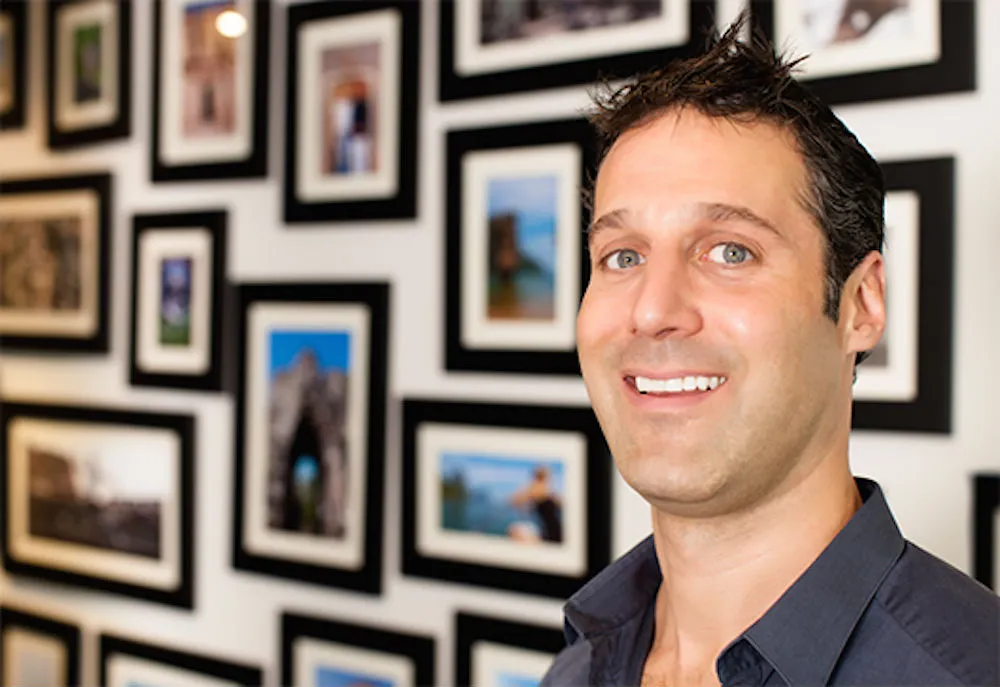On stage at Oculus Connect last week Facebook CEO Mark Zuckerberg promised his company would spend at least half a billion dollars on content people can see inside an Oculus-powered headset.
The $250 million Zuckerberg promised to spend going forward will be paid in a smarter way than the roughly equal amount the company already spent funding developers, according to Oculus head of content Jason Rubin.
Though Rubin didn’t say this specifically in an interview with UploadVR, we took his comments to mean we are likely to see fewer games like Feral Rites from Insomniac Games, which Upload rated as a 5 out of 10 before the price was dropped from $50 to $30 (and discounted on sale all the way down to $10). Additionally, Oculus provided six free games to people who paid the full price. The incident was the most visible time Facebook/Oculus and its development partners building titles exclusive to Oculus have so greatly missed buyer expectations. According to Rubin, it seems these types of mistakes are informing the way Facebook doles out cash for the next set of projects.
“We’re doing a lot more exploration and I think now we know a little bit more about what people want. So there’s things that we put a decent amount of money into that may not have necessarily resonated,” he said. “So they’re not in your head right now as something that we got out of that money, so to speak. I think in the future, dollars will get to impact in a much more efficient way just because we’re learning as we go and we’ll be smarter with those investments in the future.”
With the Rift in people’s hands, Touch shipping before the end of the year, and support for room scale experiences, it seems Facebook is on the cusp of delivering a more fully realized vision for its Rift system. We asked Rubin whether the realization of that vision means things are slowing down internally. In fact, he said, “it is an explosion of work and an incredible amount of change that we’re seeing inside one company,” and he seemed to indicate the $250 million Zuckerberg promised to spend going forward was merely a placeholder number that could easily be surpassed.
“[Zuckerberg’s] not putting a finite number on it, he’s saying we spent $250 million and we’re going to do it again,” Rubin said.
Rubin reinforced a theme Zuckerberg expressed on stage that he believes the next phase of VR is great software experiences. According to Rubin, second and third generation VR games are likely to be far and away better than what we have now.
“There’s so much work to be done,” Rubin said. “Even if we just all agree in the industry to just stick with this product for eight years along the lines of the old console cycles — there’s still a night and day difference between what you would see on the same hardware today and what you would see in five years.”


























